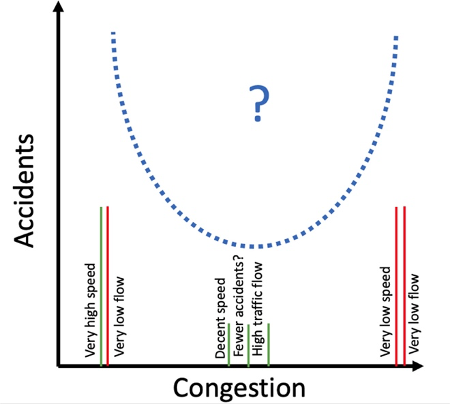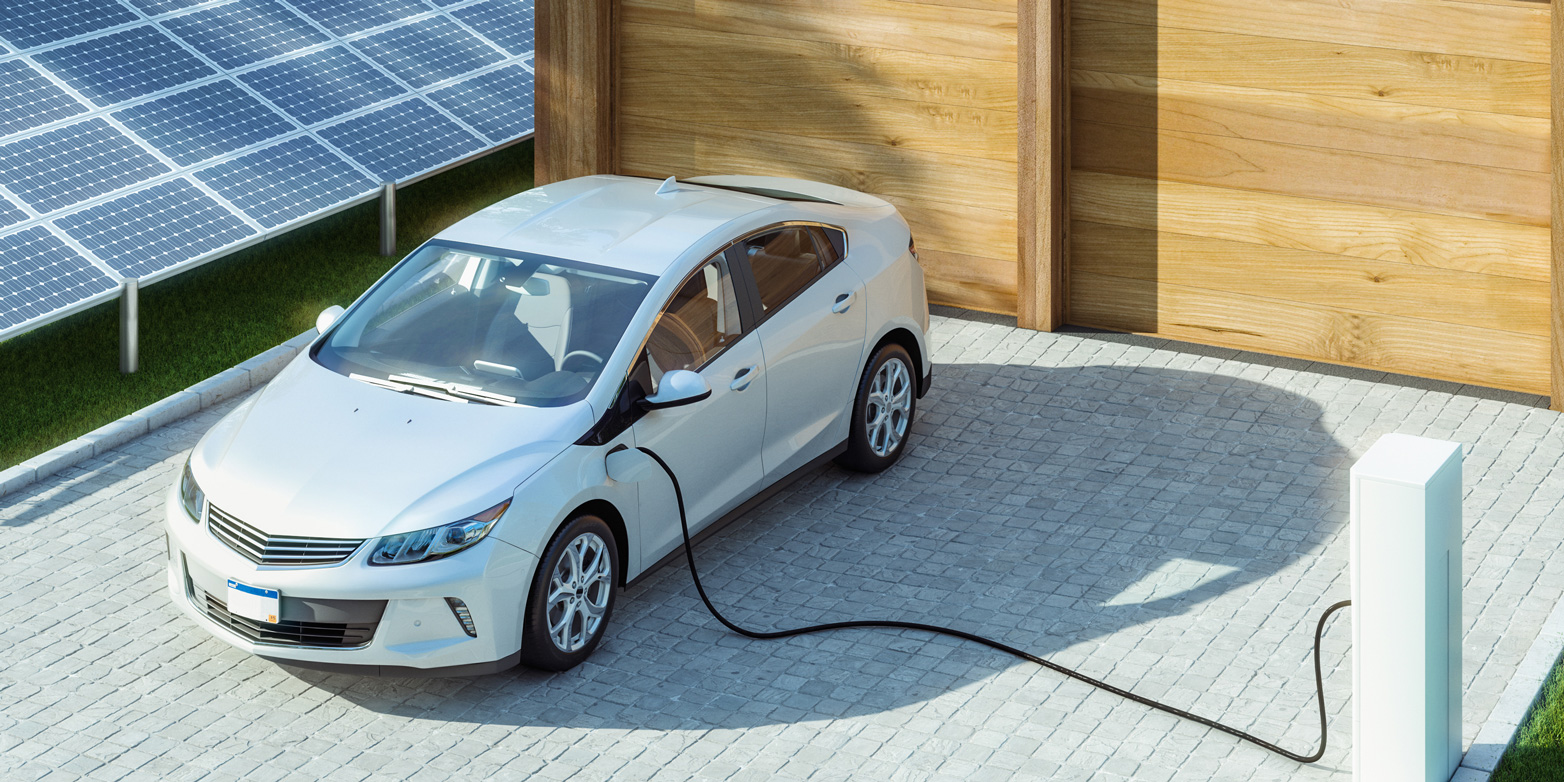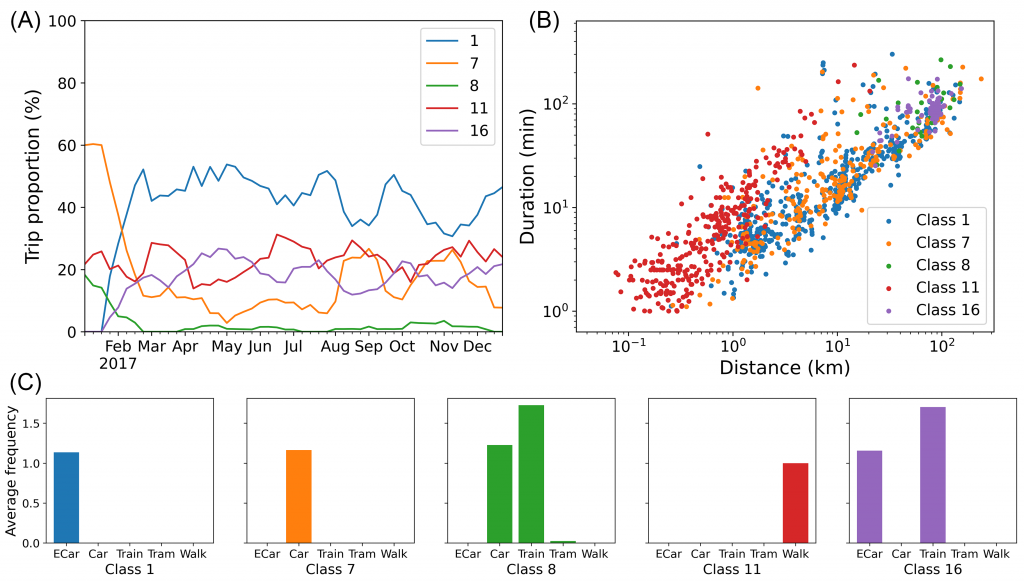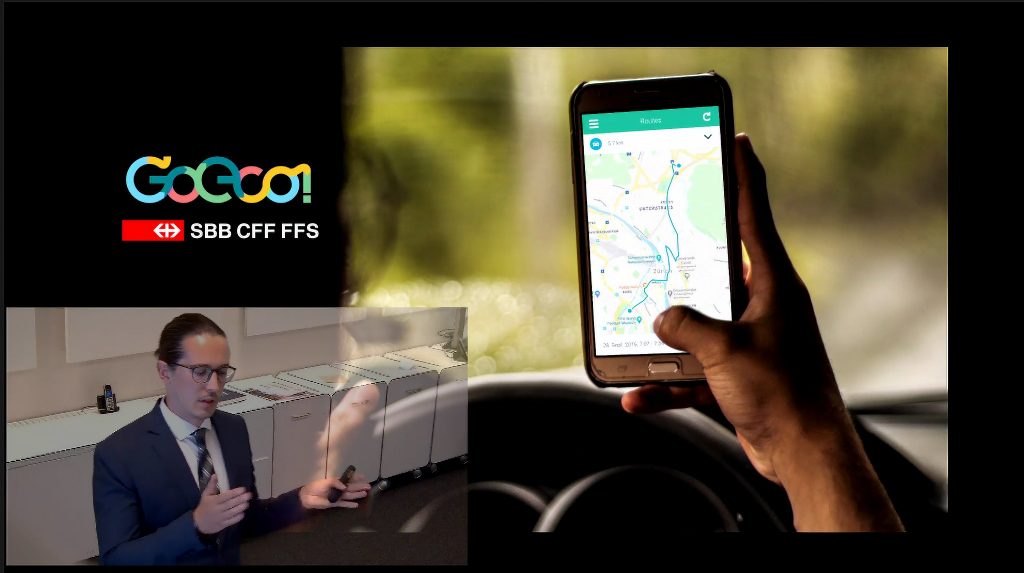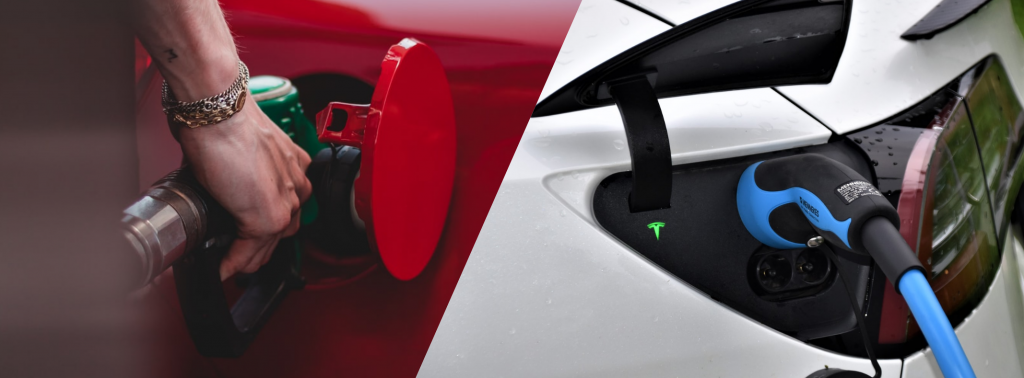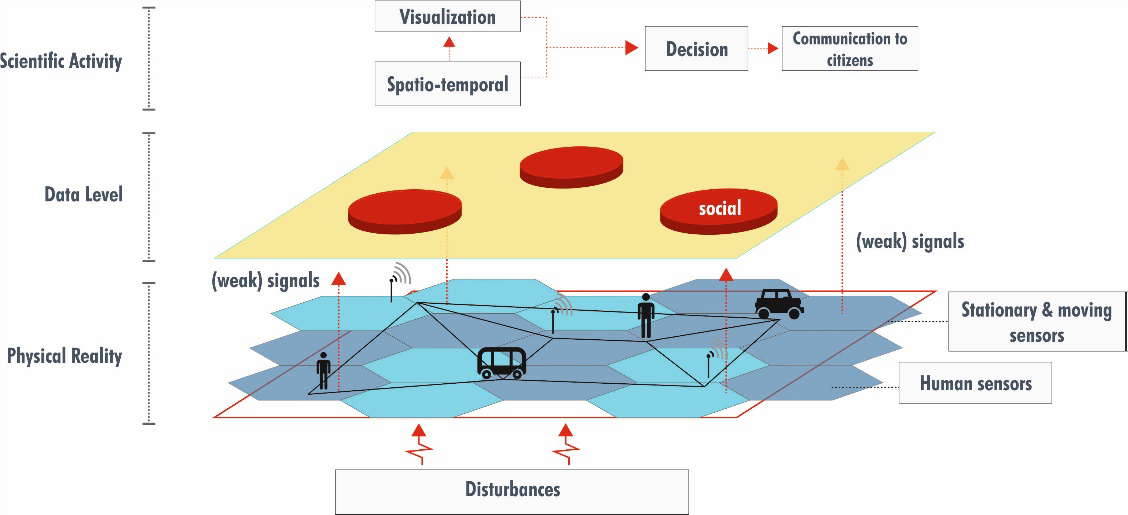How can deep learning be used to make road travel safer and faster at the same time? Can we achieve these two objectives while ensuring fairness across individuals or user groups? How important is the percentage of data available for better model performance? Are there potential conflicts of interest if a small number of private players cater to the route suggestion requirements for the majority of the population? Check out the latest publication from MIE-lab- “Applications of deep learning in congestion detection, prediction and alleviation: A survey”, authored by Nishant Kumar and Prof. Dr. Martin Raubal. The paper attempts to answer these questions based on the current state of research. The paper is available open access at TR:C.
As the title suggests, the paper covers three specific tasks. In the first part (congestion detection), we summarize how the deep learning models that were initially developed for computer vision tasks are being applied in detecting traffic congestion. A clear distinction is seen between the models and data sources used in different geographical locations. In the second part (congestion prediction), we summarize why congestion prediction is a more difficult task than traffic prediction. We discuss specific examples of how researchers have leveraged the domain knowledge from transportation (such as the heterogeneity of road networks) to improve the overall prediction accuracy of deep learning models. In the third part (congestion alleviation), we summarize how deep learning is being used for alleviating congestion. We review the challenges in implementing demand-side solutions argue in favour of system-level optimizations with the policymaker in the loop.
Finally, we draw attention to the bigger picture and the potential clash of interests between our efforts to alleviate recurrent and non-recurrent congestion. Presented below is a hypothetical U-curve showing the current understanding of how traffic congestion and road safety are related.
